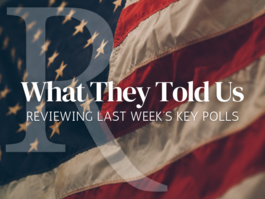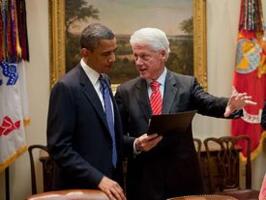Why Republicans Suddenly Care About Canceled Health Policies By Joe Conason
Amid the current national uproar over the troubles of the Affordable Care Act, it is almost uplifting to hear the deep concern expressed by politicians, pundits, lobbyists and corporate leaders over cancellation of existing health insurance policies. They empathize loudly with the millions of potential victims, whose plight infuriates these worthy observers with fury. They fill hours of television and pages of print with expressions of outrage. Suddenly, everyone in Washington is intensely concerned about Americans losing their health coverage.
















